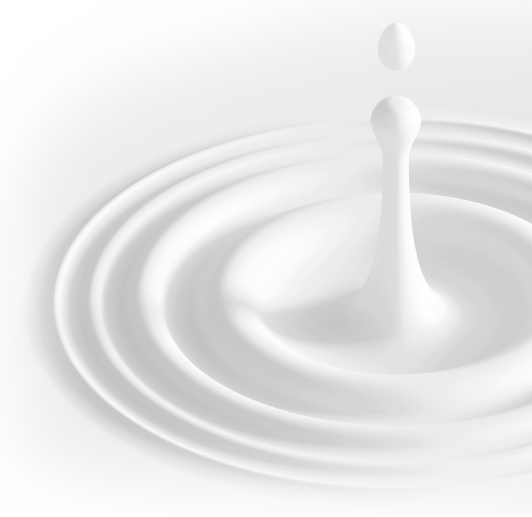RESOLV scientists met for three days in the very nice setting of the Hotel-Residence Klosterpforte near Bielefeld last week. It was a meeting that marked some “first times” for the Cluster. It was the first retreat of the new RESOLV and it offered to the almost 110 participants a comprehensive overview of the new research areas with a mix of lectures from solvation scientists inside and outside the Cluster. It was the first opportunity for the new RESOLV members to get to know the full RESOLV community. It was the first time that the team met at this location, after four years at the Velen castle. Roland Winter welcomed the guests on Monday afternoon, stressing that “it’s now time to give RESOLV a fresh start, get to know each other and forge together the future of solvation science”.
Three intense days
The meeting comprised plenty of variety. Day one covered mainly themes related to the new area I ‘Local Fluctuations in Heterogeneous Systems’, which was introduced by the area’s coordinator Dominik Marx. In the first afternoon, the guest theoretician Rodolphe Vuilleumier from the Ecole normale superieure de Paris talked about thermodynamics and vibrational spectroscopy of solvation from first principle simulations. In the after-dinner, Klaus Roth from FU Berlin livened up the evening with funny, serious and fascinating anecdotes about how water properties are falsely portrayed nowadays. Roth dispraised the charlatans that sell “linear water”, or the machine to produce it, a claim clearly based on fake science. Listeners were reminded to drink plenty of water, but “remember to include the water intake from solid food when adhering to the two litres per day rule!”, he said.
Day two opened with talks about the new area II ‘Solvent Control of Chemical Dynamics and Reactivity’, introduced by the coordinator Wolfram Sander. Two young RESOLV faculty, Christian Merten and Clara Saraceno presented their tools to investigate solvation phenomena. Merten introduced the vibrational optical activity as probe for intermolecular interactions, while Saraceno discussed high-power, ultrafast lasers to study water.
Roland Winter opened day three, as coordinator of the new research area III ‘Solvation under extreme conditions’. The program comprised the guest lecture of Sheisi Shimiu from the University of York about theoretical quantification of non-specific interaction of co-solutes and co-solvents. In the last session, the ECR assembly confirmed Christian Merten as its board representative.
From technology transfer to women in science
Day two was also about technology transfer and women in science. One of the new aims of RESOLV is to develop new ideas to facilitate the creation of start-ups in chemistry and the transfer of solvation research into new technology. Therefore, the retreat was an opportunity to learn about successful frameworks and experiences. Alexander Damaschun from the Forschungszentrum Jülich presented the grant program EXIST from the Federal Ministry of Economics and energy (BMWi), Anja Buchholz introduced the Bochum based incubator for IT security start-ups Cube 5, and Philipp Koppe offered some insights into the successful path of the IT security start up emproof.
In the session about women in science, Enrica Bordignon showed that RESOLV has been very successful in appointing female faculty, with 5 out of 9 new professors being women. In RESOLV, women faculty have 26% of all permanent positions, a better value than the one expressed in the natural sciences at hosting universities (ca. 17% for RUB and TU Dortmund). Special guest of the session was Anna Prodi, manager at Evonik, who described her experience as female leader figure at Evonik. Bordignon was then confirmed as gender board representative.
Young investigators take the stage.
The retreat gave RESOLV GSS graduate students and post-docs the opportunity to present their research progress with short talks. On day one the focus was on hydrogen bonding in supercritical water by THz spectroscopy (Schienbein), the solvent-dependency of protein interactions by EPR spectroscopy (Teucher), and the use of liquid cell transmission electron microscopy (TEM) for solvation purposes (Chen). On the second day the talks were on heavy atom tunnelling (Schlief), the role of confined water in the oxidation and deprotonation of tyrosine YD in Photosystem II (Sirohiwal), and the use of hydrogels to increase the performances of biofuel cells (Ruff). Talks about co-solvent influences on enzyme kinetics (Wangler) and the theoretical study of confinement impacts on the Photoisomerization of a triazene (Kahn) concluded day three.
As in the previous editions, a stand-up dinner accompanied a lively poster session. Two students won the best poster prize: Philip Punt from the Group of Guido Clever (TU Dortmund) for his poster 'Imidazole-modified Metal-binding DNA G-quadruplexes: A Step towards Artificial Metalloenzymes'; Mathies Evers from the group of Kristina Tschulik (RUB) for the poster ‘Nanoreactor Impact Experiments for Electrochemical Particle Deposition’.
The participants praised the new location, the lively discussions and the insightful talks. “I feel we just scratched the tip of the solvation science iceberg”, said Wolfram Sander during the concluding remarks.






